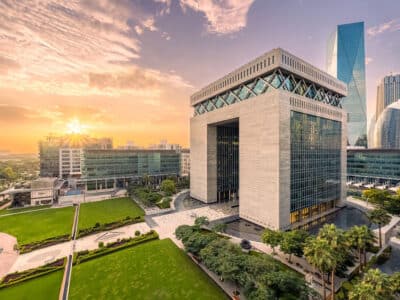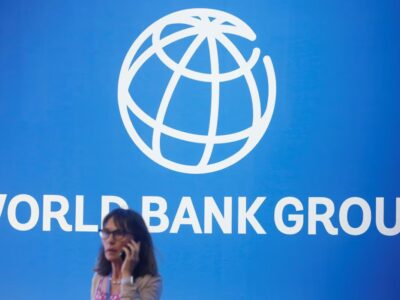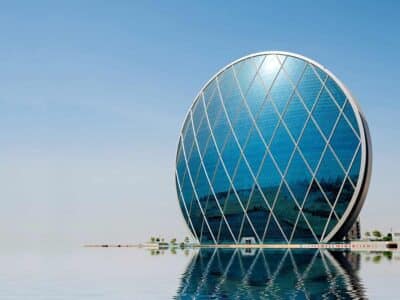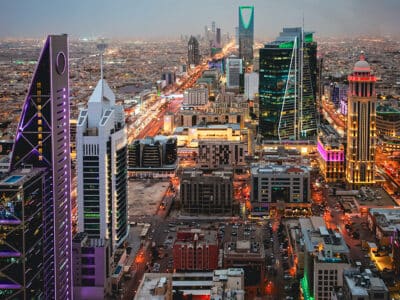Years ago the Queen of England spoke quaintly of having an annus horribilis. For readers who don’t speak Latin, she wasn’t with this phrase claiming to be part of the sisterhood that rock group Queen believe make the rocking world go round, but rather she was stating that she had had a bad year. A horrible year, even.
2009 has been an annus horribilis for pretty much everyone. (If you’re reading, Jenson, yes, we know, not you). It will be remembered as the year the men in suits broke the world for the rest of us. It wasn’t enough that their annual bonuses for the past ten years had each equated to a decade’s earnings for a mere non-banker, but after ramping up prices for everything all over the world, particularly property prices, they actually went and broke the system.
In the Gulf, particularly in the early days after Lehman Brothers bellyflopped into oblivion, we thought we were safe. We continued to party as 2008 ended. In the UAE, symbolically, the Atlantis hotel opened on the Palm and the fireworks were visible from space. Some said the contagion would spread from West to East, but for a few lovely months most of us chose not to hear them over the din of cash registers.
And then it happened. When it came, it came like a tsunami. Dubai – the most globalised city in the Middle East – felt it worst. A tidal wave of bad credit crashed over the city and, it is fair to say now, decimated the property story, which until then was a fairytale. Dubai’s property crash became the icon for the Gulf’s suffering.
When will it end? Not any time soon, if you believe leading Gulf economist Eckart Woertz, who is interviewed in this weeks issue of Arabian Business. He believes the Dubai property market has another ten to 30 percent to fall, and that any recent stablisation that has occurred was simply the result of not as many people leaving the emirate for good during the summer as the market had expected. He says that even if the global economy does pick up next year, as many economists are now saying it will (not Woertz), supply so far outstrips demand in Dubai that a big influx of people would make no difference.
Obviously, if you bought during the boom, that’s very bad news. But for Dubai itself, perhaps, it is not. Woertz believes Dubai was pricing itself out of the market because of the property prices. The way he tells it, Dubai will be better positioned when the recovery begins for the cheaper prices. Do you believe him?
This week leading Dubai property constructor
Deyaar
axed a fifth of its staff, while its CEO claimed 2009 was a “development holiday”. It is sad to see this happening – Markus Giebel, the company’s CEO is a good man in trying circumstances who is breaking his back to keep
Deyaar
’s show on the road. When I interviewed him earlier this year he was ringing up investors to tell them they could have properties they had already bought more cheaply. He was offering retrospective discounts to try to make repayments easier for investors.
Better news, if it is true: this week rival publication MEED claimed state owned developer Nakheel has already repaid its $1.2bn securitised bond, a month ahead of schedule. Woertz is convinced, even if MEED has called it wrongly, that the bond will be repaid on time.
At the end of an awful year, what better signal for Dubai to send the world? Everyone knows times are tough, but to meet its financial obligations for some of the most ambitious construction ever seen on this planet is a clear statement of intent for 2010 from Dubai.
And who knows, maybe next will be an annus mirabilis.
Damian Reilly is the editor of Arabian Business English.






